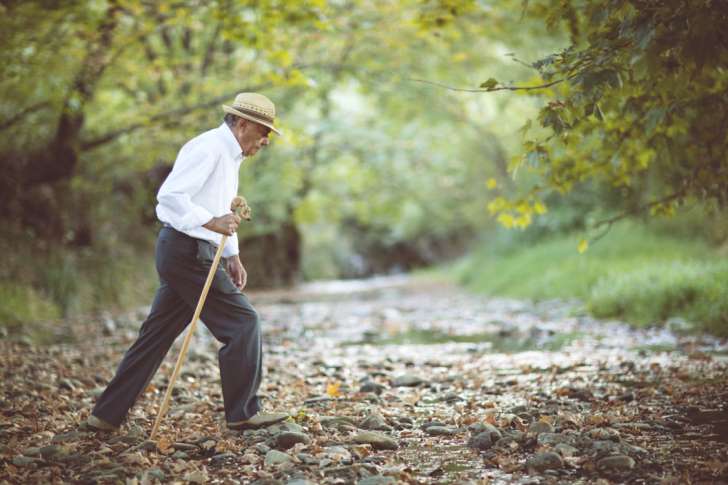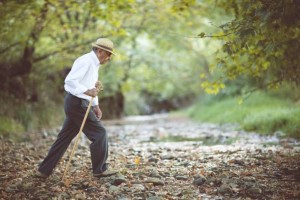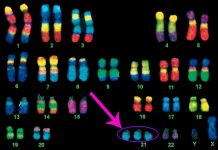When Carol Marak was in her 30s, she asked herself whose life she wanted: her brother’s – the life of a successful and well-traveled businessman – or his wife’s – the life of a woman whose career better accommodated raising three children.
The answer was a no-brainer: “My brother was in a position I wanted,” says Marak, now a 64-year-old editor at SeniorCare.com who lives in Waco, Texas. Although she had been married and divorced earlier in life, at that point she had no kids and “made a very conscious decision” to keep it that way, she says.
Plenty of Marak’s peers did the same thing. According to a 2012 study in The Gerontologist, about one-third of 45- to 63-year-olds are single, most of whom never married or are divorced. That’s a whopping 50 percent increase since 1980, the study found. What’s more, about 15 percent of 40- to 44-year-old women had no children in 2012 – up from about 10 percent in 1980, U.S. Census data shows. “My career was No. 1 in my life,” says Marak, who worked in the technology industry for years.
But today, Marak and her single, childless contemporaries are facing a repercussion of their decision that never crossed their minds as 30-somethings: “How in the world will we take care of ourselves?” she asks.
Dr. Maria Torroella Carney, chief of geriatrics and palliative medicine at North Shore-LIJ Health System in New York, is asking the same thing. In research presented this year at The American Geriatric Society’s annual meeting, Carney and her colleagues found that nearly one-quarter of Americans over age 65 are or may become physically or socially isolated and lack someone like a family member to care for them. Carney calls them “elder orphans.”
“The risk of potentially finding yourself without a support system – because the majority of care provided as we get older is provided by family – may be increasing,” she says.
The consequences are profound. According to Carney’s work, older adults who consider themselves lonely are more likely to have trouble completing daily tasks, experience cognitive decline, develop coronary heart disease and even die. Those who are socially isolated are also at risk for medical complications, mental illness, mobility issues and health care access problems.
“You could be at a hospital setting at a time of crisis and could delay your treatment or care, and your wishes may not be respected [if you can’t communicate them],” says Carney, also an associate professor at Hofstra North Shore-LIJ School of Medicine.
Take “Mr. HB,” a 76-year-old New York man described in Carney’s research as “a prototypical elder orphan.” After attempting suicide, he arrived at a hospital with cuts on his wrist, bed sores, dehydration, malnutrition and depression. He lived alone and hadn’t been in contact with any relatives in over a year. His treatment was complicated, the researchers report, in part because he was too delirious to make clear decisions or understand his options. He wound up at a nursing facility with plans to eventually be placed in long-term care.
But growing older without kids or a partner doesn’t mean you’re doomed – just as agingwith kids and a partner doesn’t mean all’s clear. “We’re all at risk for becoming isolated and becoming elder orphans,” Carney says. You could outlive your spouse or even your children, find yourself living far from your family or wind up in the caretaker role yourself if a family member gets sick. Keep in mind that 69 percent of Americans will need long-term care, even though only 37 percent think they will, according to SeniorCare.com.
Plus, there’s no way around the natural physical and mental declines that come with age. “Everybody has to prepare to live as independently as possible,” Carney says. Read on to find out how. (Anna Medaris Miller – U.S. News & World Report)
Photo: © (Getty Images) Growing older alone doesn’t mean you’re doomed – just as aging with a partner or kids doesn’t mean all’s clear.













